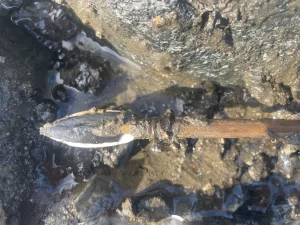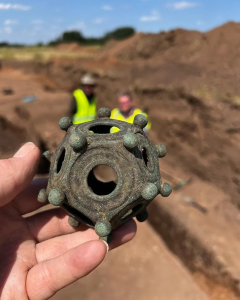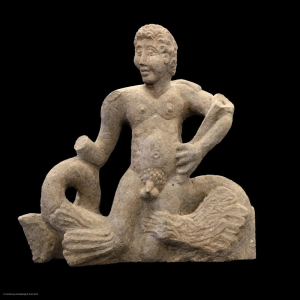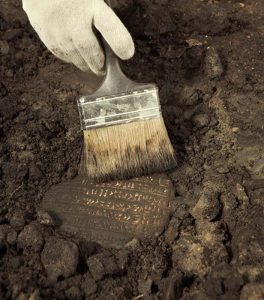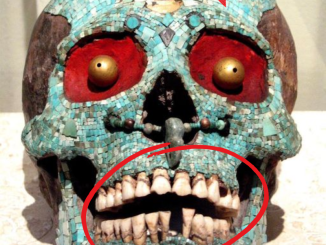Archaeologists conducting excavations in Amasra, Turkey, have uncovered an ornate statue dating back to the 2nd century CE during the Roman period.
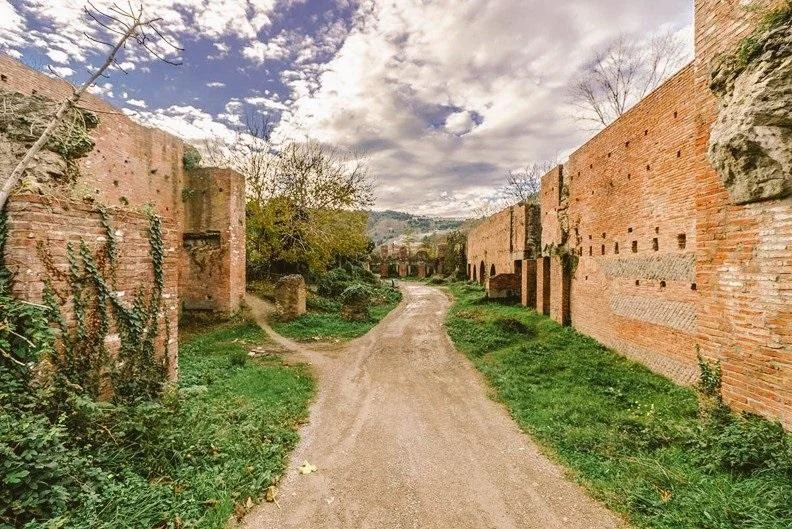
1,800-year-old water nymph statue discovered in Turkey’s Amasra
Credit: Directorate of Excavations and Research
The statue, found at a depth of 3 meters below the ground, measures approximately 1.5 meters in height and is made from marble. It depicts a half-naked female figure adorned with a cloak, resting on an urn atop a plinth.
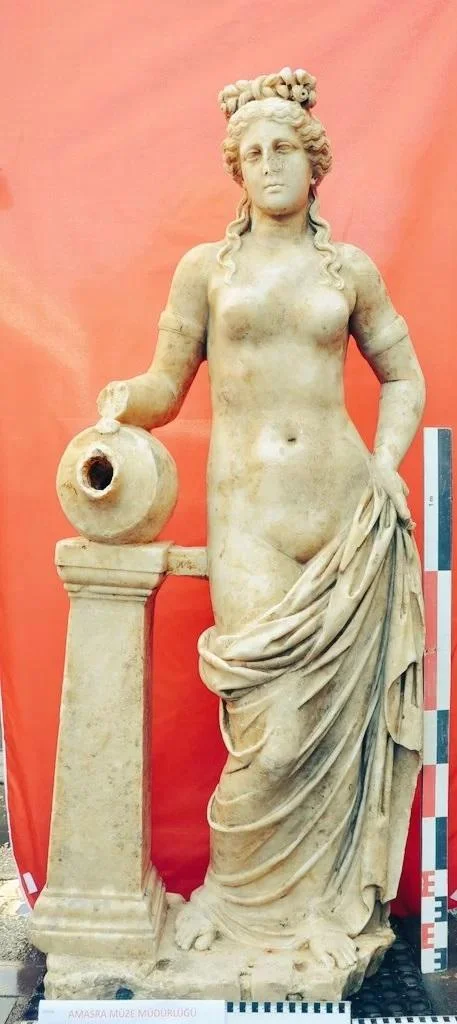
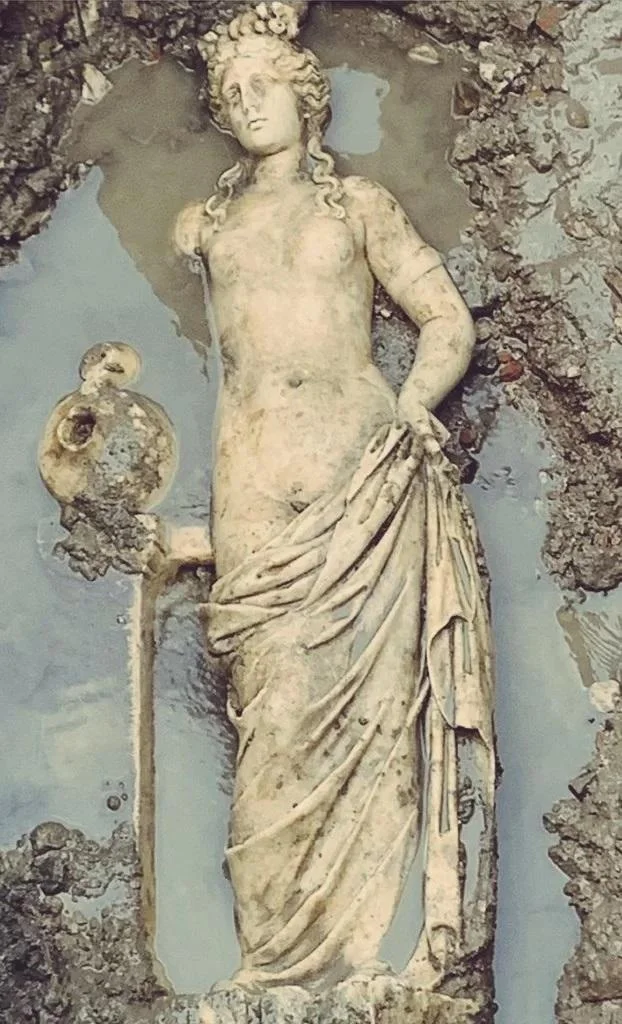

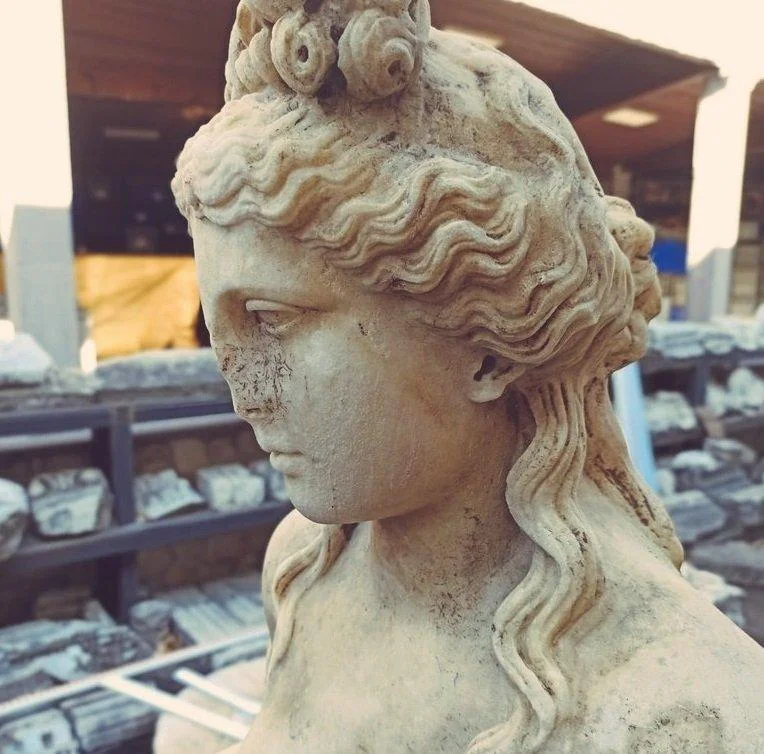
While the exact identity of the figure depicted in the statue is yet to be confirmed, researchers believe it likely represents a nymph from Greek mythology. Nymphs were minor female deities associated with nature and water elements, often personifying various aspects of the natural world.
1,800-year-old water nymph statue discovered in Turkey’s Amasra
Amasra, historically known as Sesamus, has a rich history dating back to ancient times, with mentions in works such as Homer’s Iliad and accounts by the Greek historian Strabo. It is believed to have been named after Amastris, a Persian princess and ruler of Heraclea.
1,800-year-old water nymph statue discovered in Turkey’s Amasra
Credit: Directorate of Excavations and Research
The excavation project, led by Zübeyde Kuru, the director of the Amasra Museum, has revealed this remarkable statue from antiquity. This discovery not only unveils the city’s profound historical importance but also elucidates its ties to Greek mythology.
Nymphs in Greek mythology held diverse roles and were closely associated with Olympian gods, especially in their connection to water, particularly freshwater. They were regarded as protectors of specific natural features, such as rivers, mountains, and forests, and symbolized the essential role of water in sustaining life.
After careful restoration, the statue is expected to be exhibited at the Amasra Museum, where it will be available for public viewing.
